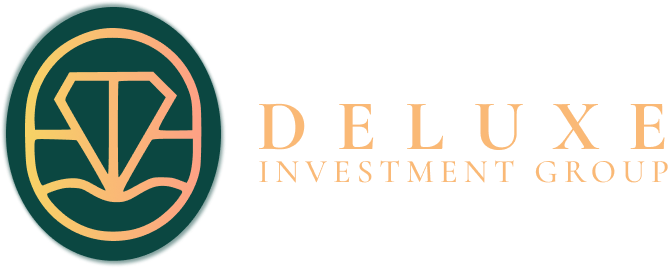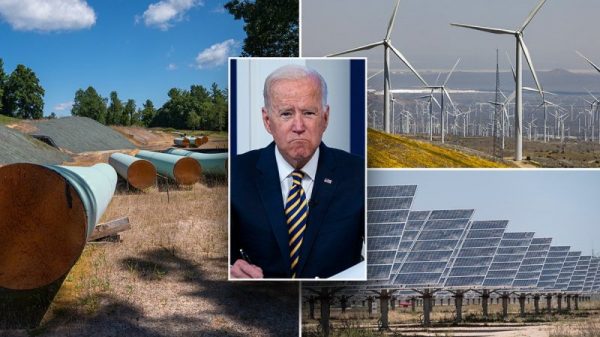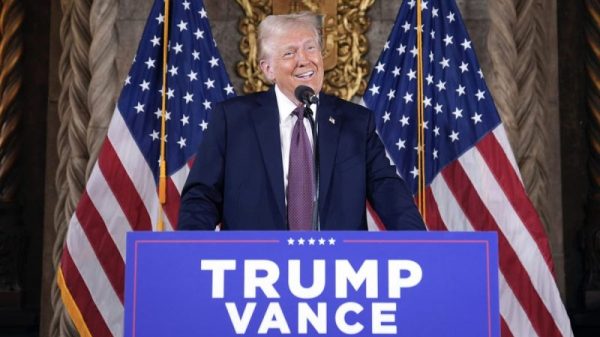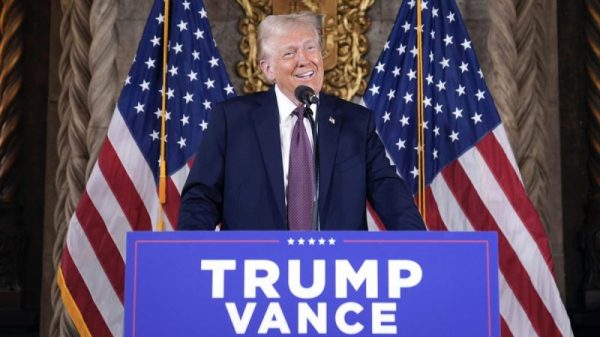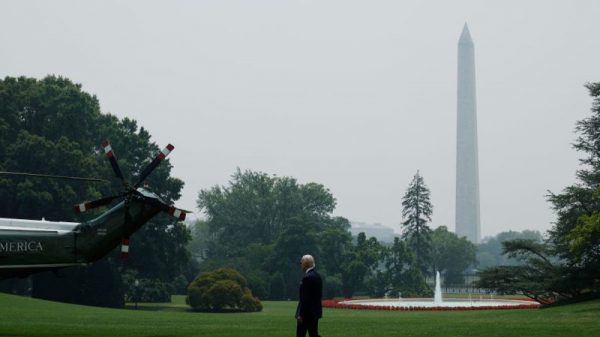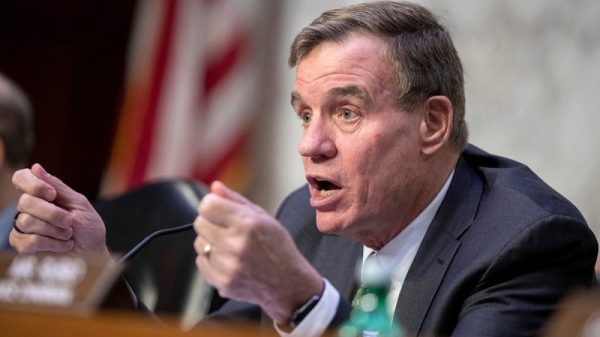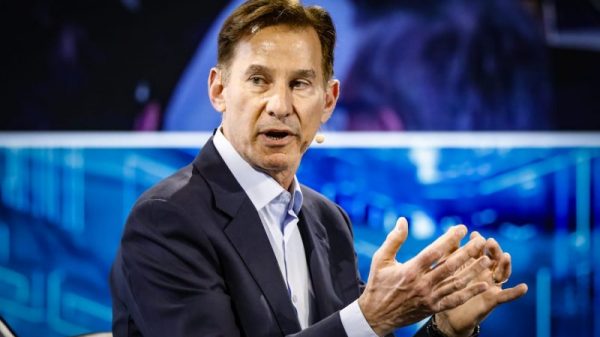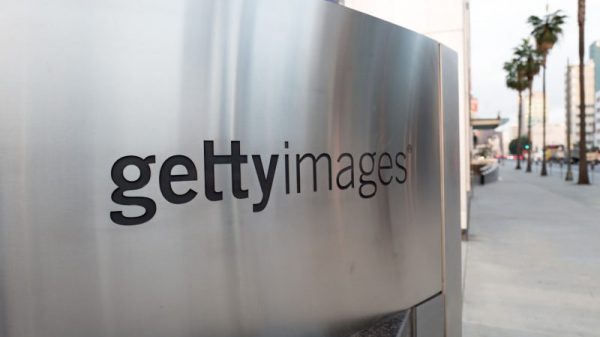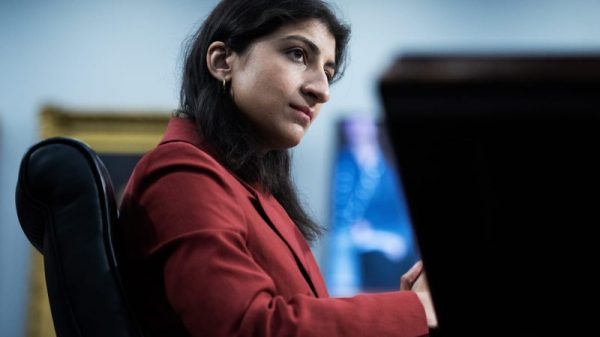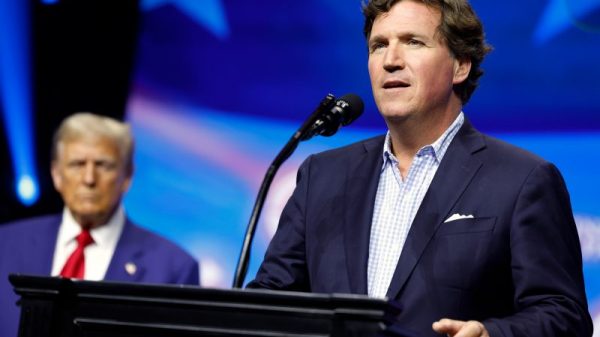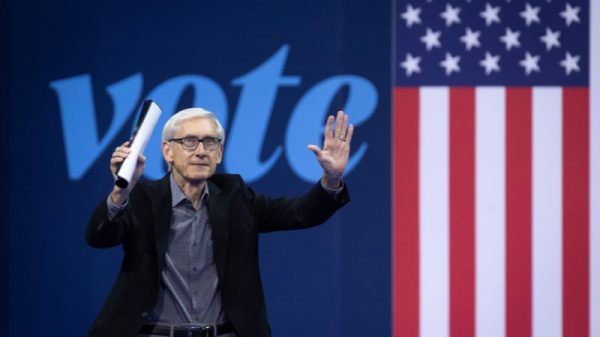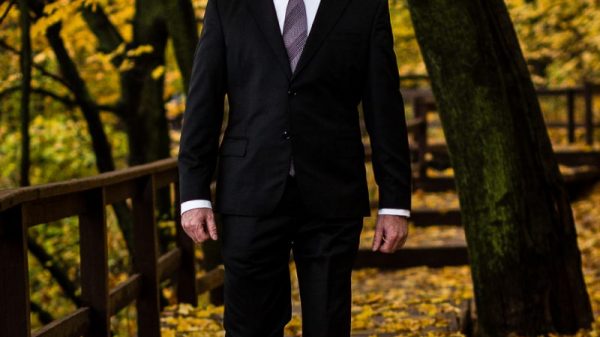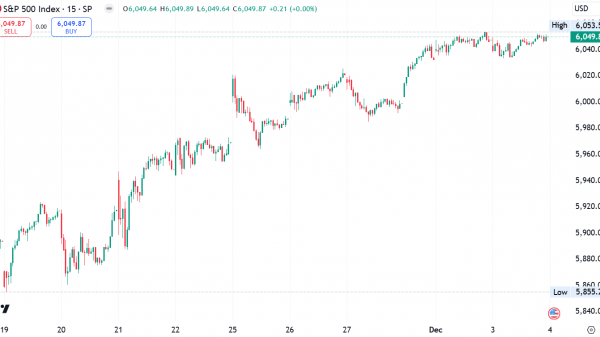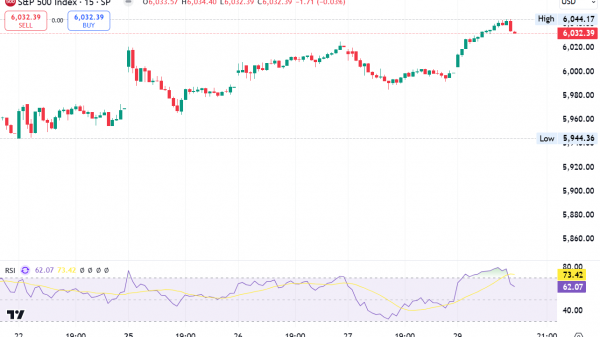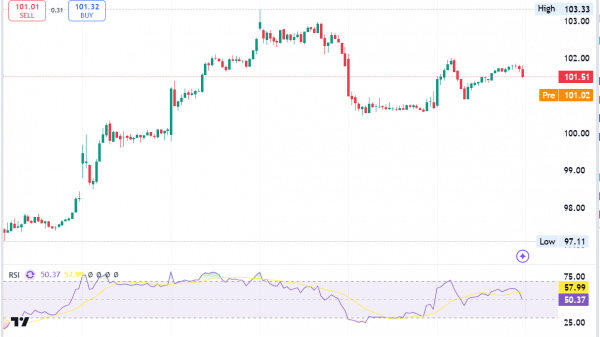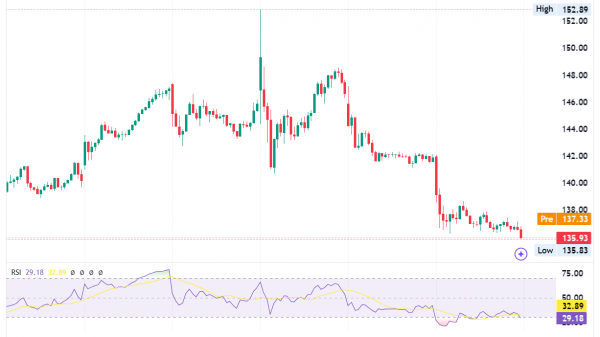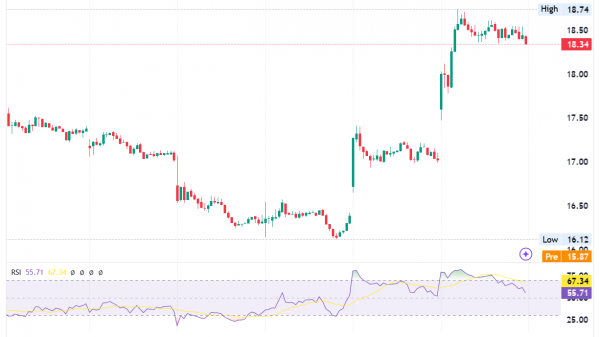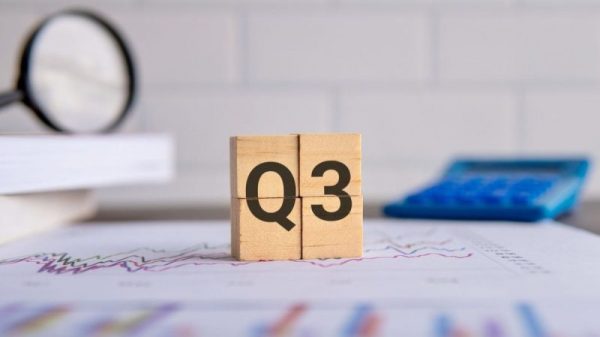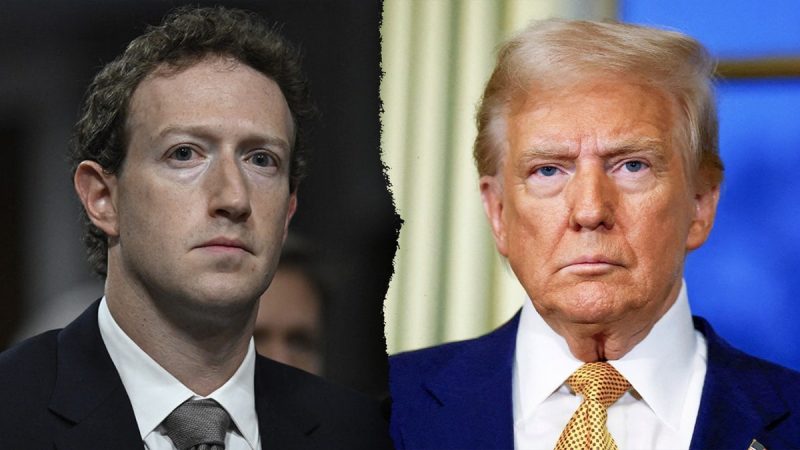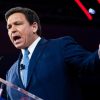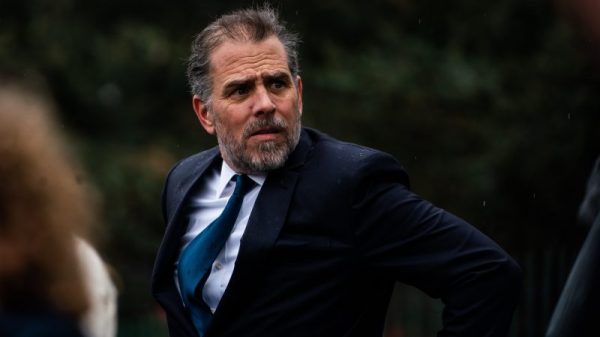Mark Zuckerberg, who often bends with the political winds, is getting out of the fact-checking business.
And this is part of a broader effort by the Meta CEO to ingratiate himself with Donald Trump after a long and testy relationship.
After a previous outcry, Zuck made a great show of declaring that Facebook would hire fact-checkers to combat misinformation on the globally popular site. That was a clear sign that Facebook was becoming more of a journalistic organization rather than a passive poster of users’ opinions (and dog pictures).
But it didn’t work. In fact, it led to more info-suppression and censorship. Why should anyone believe a bunch of unknown fact-checkers working for one of the increasingly unpopular tech titans?
Now Zuckerberg is pulling the plug, announcing his decision in a video to underscore its big-deal nature:
‘The problem with complex systems is they make mistakes. Even if they accidentally censor just 1 percent of posts. That’s millions of people. And we’ve reached a point where it’s just too many mistakes and too much censorship. The recent elections also feel like a cultural tipping point towards once again prioritizing speech.’
Let me jump in here. Zuckerberg bluntly admits, with that line about ‘cultural tipping point,’ that he’s following the conventional wisdom–and, of course, the biggest tipping point is Trump’s election to a second term. And skeptics are portraying this as a bow to the president-elect and his team.
‘So we’re gonna get back to our roots and focus on reducing mistakes, simplifying our policies, and restoring free expression on our platforms…
‘We’re going to get rid of fact checkers’ and replace them with community notes, already used on X. ‘After Trump first got elected in 2016, the legacy media wrote nonstop about how misinformation was a threat to democracy.
‘We tried in good faith to address those concerns without becoming the arbiters of truth. But the fact checkers have just been too politically biased and have destroyed more trust than they’ve created, especially in the U.S.’
It was Zuckerberg, along with the previous management at Twitter, that banned Trump after the Capitol riot. This led to plenty of Trumpian attacks on Facebook, and the president-elect told me he had flipped his position on banning TikTok because it would help Facebook, which he viewed as the greater danger.
Trump said last summer that Zuckerberg plotted against him in 2020 and would ‘spend the rest of his life in prison’ if he did it again.
The president-elect boiled it down in a posting: ‘ZUCKERBUCKS, DON’T DO IT!’
Here’s a bit more from Z: ‘We’re going to simplify our content policies and get rid of a bunch of restrictions on topics like immigration and gender that are just out of touch with mainstream discourse. What started as a movement to be more inclusive has increasingly been used to shut down opinions and shut out people with different ideas. And it’s gone too far.’
Indeed it has. And I agree with that. In 2020, social media, led by Twitter, suppressed the New York Post story on Hunter Biden’s laptop, dismissing it as Russian disinformation, though a year and a half later the establishment press suddenly declared hey, the laptop report was accurate.
Let’s face it: People like Zuckerberg and Elon Musk (now embroiled in a war of words with British Prime Minister Keir Starmer over an alleged coverup of gang rapes of young girls when Starmer was chief prosecutor) have immense clout. They are the new gatekeepers. With so-called legacy media less relevant–as we see with the mass exodus of top talent from Jeff Bezos’ Washington Post and the recent rise of podcasts–they control much of the public dialogue. And yes, they are private companies that can do what they want.
At yesterday’s marathon news conference, a reporter asked Trump about Zuckerberg: ‘Do you think he’s directly responding to the threats that you have made to him in the past with promises?’
‘Probably. Yeah, probably,’ Trump said, twisting the knife a bit.
Meanwhile, having made the obligatory trek to Mar-a-Lago for dinner, the CEO has taken a number of steps to join forces with the new administration. And it doesn’t hurt that Meta is kicking in a million bucks to the Trump inaugural.
Zuck named prominent Republican lawyer Joel Kaplan as chief of global affairs, replacing a former British deputy prime minister. On ‘Fox & Friends’ yesterday, Kaplan said:
‘We’ve got a real opportunity now. We’ve got a new administration and a new president coming in who are big defenders of free expression, and that makes a difference. One of the things we’ve experienced is that when you have a U.S. president, an administration that’s pushing for censorship, it just makes it open season for other governments around the world that don’t even have the protections of the First Amendment to really put pressure on US companies. We’re going to work with President Trump to push back on that kind of thing around the world.’
We’re going to work with President Trump. Got it?
What’s more, Zuckerberg is adding Dana White, chief executive officer of United Fighting Championship, to the Meta board. White is a longtime Trump ally, so MAGA now has a voice inside the company.
In other words, get with the program.
At his news conference, where Trump seemed angry about the latest court battles and plans to sentence him, the incoming president said–or ‘didn’t rule out,’ in journalistic parlance– ‘military coercion’ against two of his latest targets.
‘Well, we need Greenland for national security purposes,’ he said. And Americans lost many lives building the Panama Canal. ‘It might be that you’ll have to do something.’
He’s not going to use military force against either one. But his answer stirs the pot, as he knew it would.
Related Topics
Politics
Media Buzz
Donald Trump
Mark Zuckerberg
Facebook
Instagram
Elon Musk
